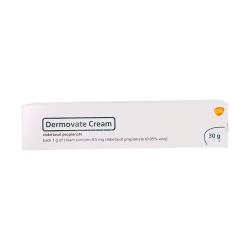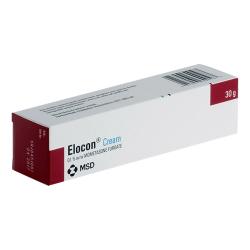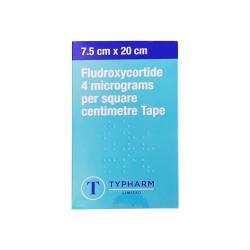- Private & confidential service
- Genuine medication
- All-inclusive service - No hidden fees
- Next day delivery
Eczema and Dermatitis
Start your consultation
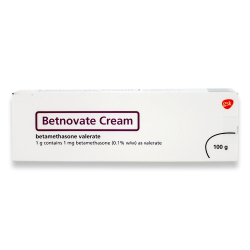
- Ointment, cream or lotion
- Allievates discomfort quickly
- Available in multiple dosages
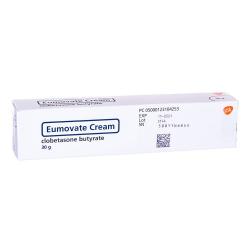
- Corticosteroid medication
- Reduces inflammation
- Easy to apply
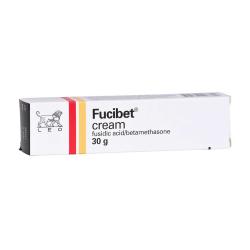
- Fights bacterial infection
- Potent corticosteroid
- Reduces inflammation
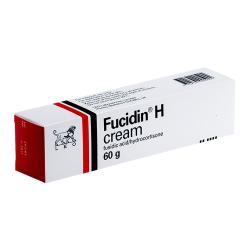
- Dual-action medication
- Reduces inflammation
- Fights bacterial infection
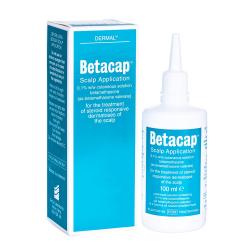
- Designed for the scalp
- Effective corticosteroid
- Reduces inflammation
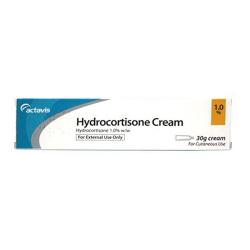
- Reduces inflammation
- Easy-to-use cream/ointment
- Corticosteroid effects

- Steroid-free eczema and psoriasis relief
- Reduces inflammation and itching
- Fast and effective treatment

- Fast-absorbing gel
- Lightweight and non-greasy
- Reduces breakouts and inflammation

- Hydrates and protects skin
- Soothes dryness and irritation
- Traps in moisture and reduces irritation

- Fights dandruff & fungal infections
- Soothes scalp irritation
- Reduces flaking and itching
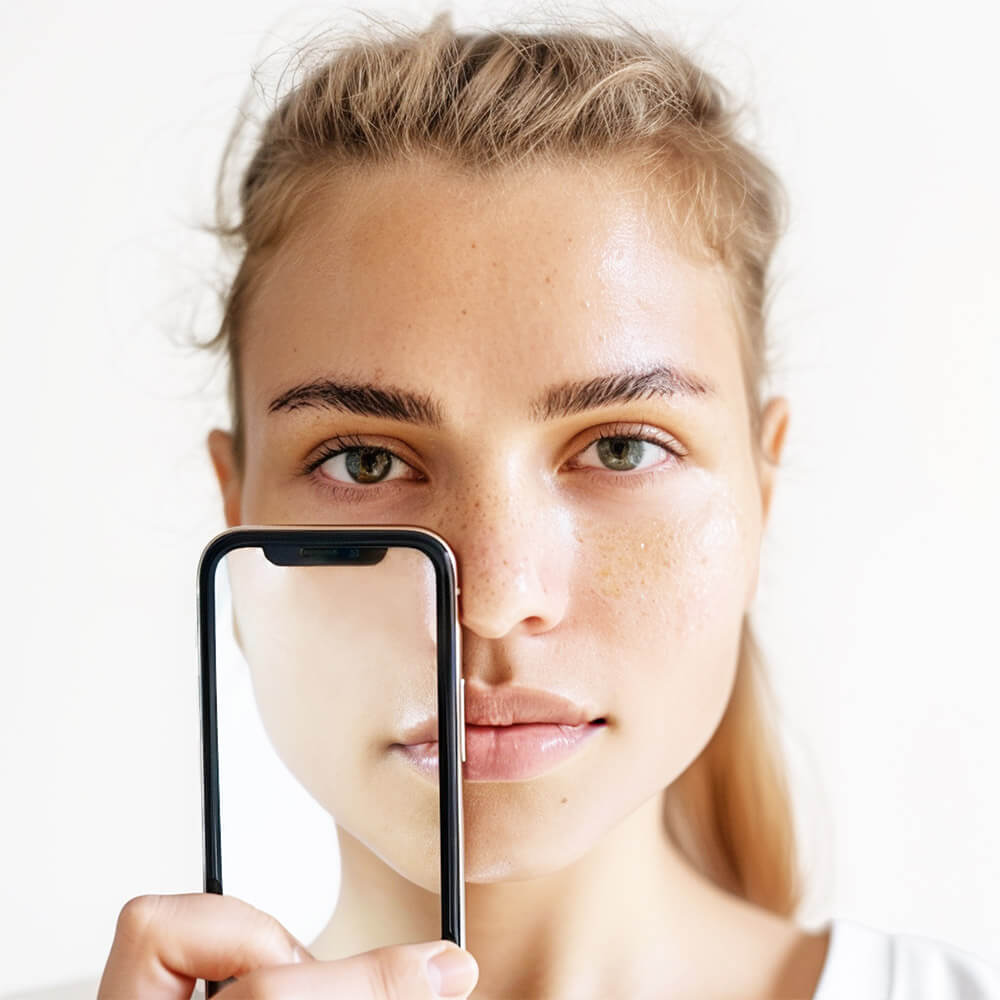
- Identify and treat skin conditions
- Convenient from your home
- Results in 1 working day
Eczema and Dermatitis
Eczema is a broad term for certain skin conditions, one of the most common being contact dermatitis. In some cases, eczema can clear completely by itself, however, many individuals use treatments applied directly to the infected area to ease symptoms and promote faster recovery.
Topics
What is eczema?
Eczema and dermatitis are two names for the same group of conditions that cause the skin to become dry, itchy and inflamed. Most types of eczema are long-term or “chronic”, though the severity of the symptoms often vary.
Eczema can affect any part of the body; however, it is most common on the hands, crooks of the elbows and back of the knees. In young children, eczema and dermatitis often affects the face and scalp.
The most common form, atopic dermatitis, first occurs during childhood. It may gradually reduce in severity as you age. However, for many people, they will experience periodic eczema “flare-ups”, where the condition worsens throughout their life.
What are the different types of eczema?
If you are unsure what form of eczema you have, you should contact your doctor.
There are several forms of eczema, the most common being atopic eczema, discoid eczema and contact dermatitis.
Atopic eczema, which may also be called atopic dermatitis, is very common. It results in dry, inflamed, cracked skin that itches persistently. Children tend to outgrow this condition, but those who have atopic eczema and dermatitis as adults generally suffer throughout their lives.
Discoid eczema (or discoid dermatitis) has the same symptoms as atopic eczema, but it manifests as circular or oval patches on the skin. Without treatment, these patches can be present for long periods of time.
Contact dermatitis is a reaction that occurs when the body touches a specific substance (usually an irritant or an allergen).
Less common types of eczema and dermatitis include:
- varicose eczema - this condition is caused by poor blood flow in the lower legs
- seborrheic eczema - affects the nose, ears, scalp and eyebrows
- dyshidrotic eczema - also known as pompholyx, this type of eczema causes blisters to form on the palms of the hands and the soles of the feet
There is not yet a cure for eczema and dermatitis. However, there are many treatments available to help moisturise the skin, alleviate discomfort and prevent recurrence.
What causes eczema?
The cause of eczema depends on the specific type. However, no form of eczema or dermatitis is contagious.
Atopic
Atopic eczema is most common in people who get allergies. If you suffer from hay fever, allergies (to pollen, dust, pet dander, etc.) and eczema, this is called the atopic “triad”. Atopic means “sensitive to allergens”.
Atopic eczema often runs in families. Symptoms are often made worse by certain triggers. These include soaps, detergents, stress, the weather and temperature. Food allergies might also cause a flare-up of atopic eczema, especially for young children.
Contact dermatitis
Contact dermatitis has a much more obvious cause. It presents after the body encounters either an irritant or allergen.
Irritants directly damage the outer layer of skin and include soaps, solvents or even regular contact with water. Allergens cause a reaction within the immune system that affects the skin.
Sometimes, it is possible to determine what these triggers are and avoid them as part of managing your condition.
Discoid
The cause of discoid eczema is unknown but is suspected to be a result of having dry skin. With dry and cracked skin, there is no barrier against any substance you touch. In this situation, even harmless substances such as soap may damage the skin and cause eczema.
This form of eczema does not run in families. Instead, it is very common for individuals who have it to experience a minor skin injury, such as an insect bite or burn, before symptoms present.
Certain prescription-strength medications are also associated with discoid eczema, so ask your doctor or dermatologist for advice if you are concerned that medication may be causing your symptoms.
What are the symptoms?
There will be times when the symptoms are less noticeable and times when the condition worsens or “flares up”.
The symptoms you experience will depend on the type of eczema you may have.
Atopic
With atopic eczema, the skin is dry, cracked, sore and red. It normally presents in small patches or widespread inflamed areas. You will experience itchy skin; this usually gets worse at night.
Atopic eczema can present anywhere on the body, however it's most common on the hands, inside of elbows, behind the knees, or the face and scalp (in young children).
You may also experience red or brown patches in these key areas:
- hands
- wrists
- bend of the elbow
- upper chest
- neck
- eyelids
- back of the knee
- ankles
- feet
Over time, the condition will progress. The skin may thicken, crack and show scaly patches. Several small raised bumps may leak fluid, and a crust may form over the top.
Scratching atopic eczema can result in raw skin that is extremely sensitive and can swell up even more. It is also more likely to contract infections. Do not scratch affected areas.
Contact dermatitis
If you have contact dermatitis, your skin will blister, become red, be very dry and probably crack. This usually occurs an hour or two after contact with an irritant or allergen.
This type of eczema can affect any part of the body. However, typically it will present on your hands and face.
Discoid
This type presents in many ways like atopic eczema, but in characteristic circular or oval patches. It can affect all areas of the body, although it doesn't tend to present on the face or scalp in adults.
This type begins as a cluster of red spots or bumps. They then join together to form a larger patch. These are usually red, brown or pink and can span from a couple of millimetres to numerous centimetres in size.
These patches often swell, covered with fluid-filled blisters, and tend to ooze fluid. Over time they become dry and crusty. The skin starts to crack and flake away.
Sometimes, the centre of the patch will clear, leaving a ring of discoloured skin. Often this is mistaken for ringworm.
In many cases, people with discoid eczema develop several patches quite close to each other. However, it is possible to just develop one.
Occasionally, permanent discolouration can occur to the skin affected by discoid eczema, despite the condition clearing up.
All types
All forms of eczema bring with them an increased risk of skin infections. It is important to recognise symptoms of skin infections, so you can treat them early on. The most common are:
- oozing fluid
- yellow crust
- red, hot, swollen, tender or painful skin
- feeling sick or generally unwell
- chills
- a fever or high temperature
What are the available treatments?
Always follow professional medical advice when taking any treatment.
Treatment can help relieve symptoms of eczema. In some cases, the condition will improve over time, to the point that you no longer notice it. However, there is currently no cure.
Severe cases of skin conditions often have a significant effect on self-esteem, confidence and quality of life. It can be difficult to cope with the conditions physically and mentally.
You should manage all aspects of the condition, combining medications with regular counselling.
There are various techniques you can try to minimise the severity of skin conditions.

There are also many over-the-counter and prescription medications you can try.
Emollients, a form of moisturizing treatment, can be used daily to soothe and hydrate the skin. They should be applied directly to cover the skin with a protective film that traps in moisture.
Emollients come in many forms, so pick one that's best for you:
- lotions are best for hairy or damaged areas of skin. However, you will need to apply these multiple times a day.
- sprays are great for hard to reach areas or those so sensitive they cannot be touched. They also absorb quickly so are convenient to use when you're in a rush.
- creams should be used in the daytime as they absorb quickly and are not very greasy.
- ointments work on dry, thickened skin. These are best used at night as they're quite thick and greasy but have excellent moisturising qualities.
- bath oils and shower products, as well as soap substitutes, can also help.
Use all of these as instructed in the accompanying leaflets. Most will require at least daily use, if not more frequently.
Another medication you can try is topical corticosteroids. They relieve discomfort by reducing the swelling and itching. These are available in creams, lotions, gels, mousses and ointments.
They are available in four different strengths (also known as potencies):
- mild
- moderate
- potent
- very potent
Mild corticosteroids can be bought over the counter, while stronger medications are only available through a doctor's prescription.
HealthExpress currently offers Eumovate, which includes an online consultation and prescription.
Do not use corticosteroids if you have infected skin or any of the following conditions; rosacea, acne, skin ulcers, or any open sores.
Most mild medications are available for use by pregnant or breastfeeding mothers, however very potent corticosteroids should not be used by this group or by young children.
You should use them as directed by your leaflet or doctor, although it will typically be once or twice daily for up to two to four weeks.
For both emollients and topical corticosteroids, you should apply your treatment directly to the affected area of skin. It's best to do this in the direction the hair grows.
You can use emollients and topical corticosteroids simultaneously; however, you must apply the emollient first, then wait half an hour before applying the topical corticosteroid.
Antihistamines can also treat those with discoid eczema; they reduce itching and help you sleep better.
Stronger medications like oral corticosteroids are available, but these are only available through prescription.
If your at-home treatments are not relieving your eczema symptoms, it is best to visit your doctor or a specialist in dermatology. They will diagnose your condition by examining your skin and asking about your family history and lifestyle.
There are several criteria you must meet if you are to receive a diagnosis of atopic eczema. To start, you must have experienced a skin condition that has the symptoms of eczema within the last year. Then three of these statements must apply to you:
- the creases of your skin are irritated and inflamed (e.g. inside your elbows or behind your knees)
- you have a history of skin irritation in those areas
- you've had generally dry skin for the last year
- you have experienced asthma or hay fever
- the condition started before the age of two
Once a doctor has diagnosed you, they will be able to find an appropriate treatment to ease the symptoms. Generally, these are just more potent versions of the over-the-counter medications.
If you have a skin infection, as many people with eczema do, your doctor may prescribe antibiotic cream or oral antibiotics to get rid of it.
Can I buy eczema treatment online?
You can buy treatments for eczema and psoriasis online. We provide a convenient, no-hassle means of getting medications delivered straight to your door.
First, you should select the treatment that best suits your needs. You will then be asked to complete a short questionnaire. Our doctors will use your answers to determine if the treatment will be safe and effective. Future orders will also be quicker once the form is filled out.
If your order is approved, our doctors will issue a prescription. You will then receive your treatment with free next-day or nominated-day delivery to any address in the UK.
If your order is not approved, you will NOT be charged.
HealthExpress’ operating certificates and healthcare provider registration details can be viewed through the links at the bottom of this page. Our service is fully authorised.
3 simple steps to get you started







